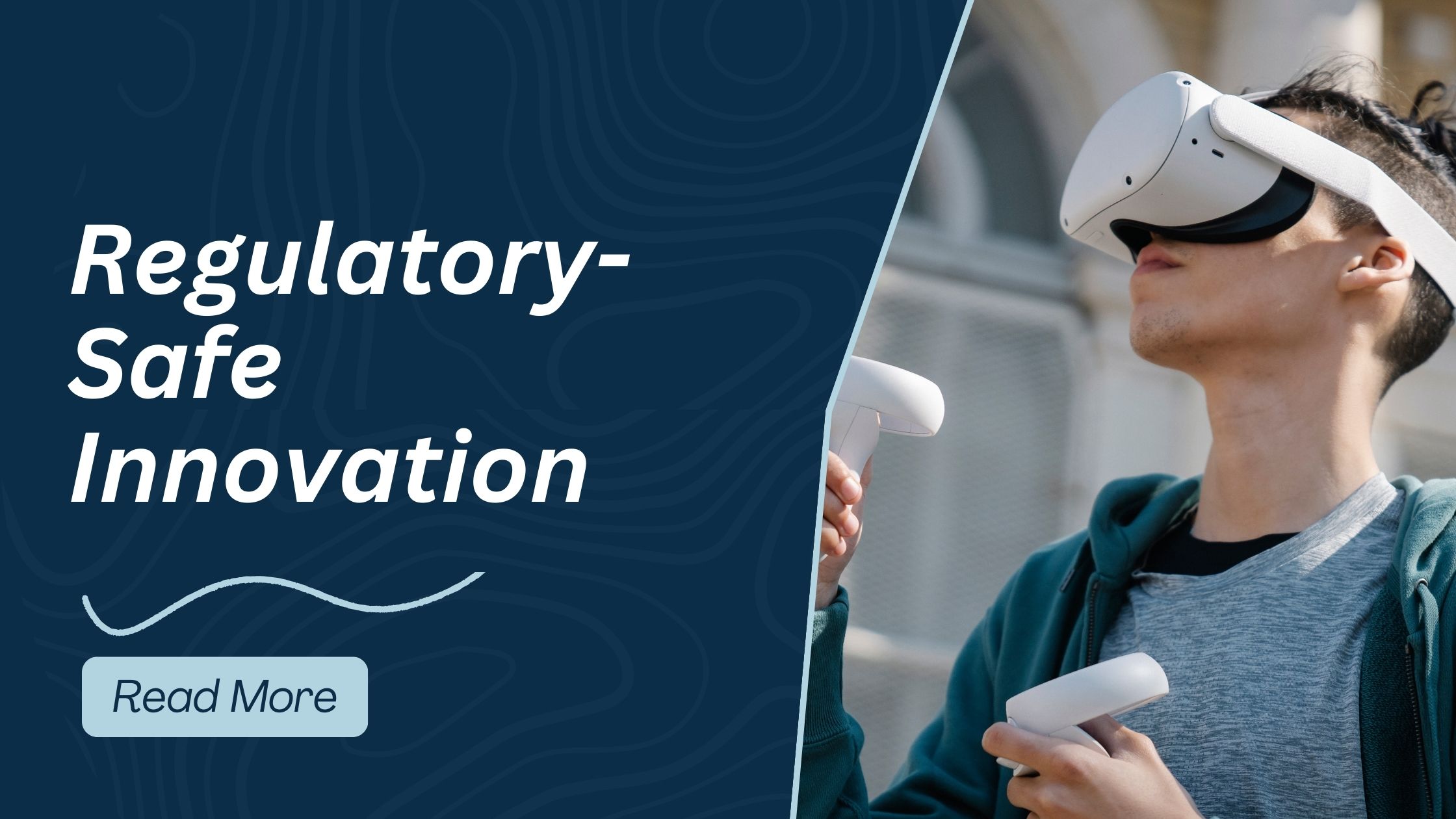Technology has been transforming various industries, and the insurance industry is no exception. Managing General Agents (MGAs) are also experiencing the impact of technology. MGAs are insurance specialists who work on behalf of insurers to underwrite policies, manage claims, and handle distribution. With the growing use of technology in the industry, MGAs are facing new opportunities and challenges that are transforming their business models.
In this article, we will explore the impact of technology on MGAs in the insurance industry.
1. Increased Efficiency and Productivity
Technology is improving the efficiency and productivity of MGAs. With the use of automated underwriting and claims processing systems, MGAs can process policies and claims faster than ever before. This helps them to reduce the time and cost involved in managing policies and claims. By automating routine tasks, MGAs can focus on more complex tasks, such as risk assessment, policy development, and customer service.
Technology has also enabled MGAs to manage their operations remotely. The COVID-19 pandemic has accelerated this trend as MGAs have had to adapt to new ways of working. Remote working has enabled MGAs to reduce overhead costs and increase flexibility, allowing them to respond more quickly to customer needs.
2. Improved Data Analytics and Risk Assessment
Technology has improved the quality and accuracy of data used in underwriting policies and assessing risks. With the use of predictive analytics and machine learning, MGAs can analyse large amounts of data and identify patterns and trends. This helps them to make more informed decisions about policy pricing, coverage, and underwriting.
Data analytics also helps MGAs to identify potential fraud and risks. By analysing data from multiple sources, including social media and public records, MGAs can identify potential fraud and take appropriate measures to prevent it.
3. Enhanced Customer Experience
Technology has transformed the way customers interact with MGAs. With the use of online portals, mobile apps, and chatbots, customers can access information about their policies, file claims, and get assistance with policy-related issues 24/7. This has improved the customer experience and has increased customer satisfaction.
Technology has also enabled MGAs to personalise their services to meet the needs of individual customers. With the use of data analytics, MGAs can identify customer preferences and offer personalized policies and services that meet their unique needs.
4. Increased Competition and Disruption
Technology has also increased competition and disruption in the insurance industry. Insurtech startups are challenging traditional MGAs by offering new products and services that are more innovative and customer-centric. These startups are leveraging technology to disrupt traditional business models and attract customers who are looking for a more streamlined and personalized insurance experience.
To stay competitive, MGAs need to embrace technology and adapt their business models to meet changing customer needs. They need to invest in new technologies and platforms that can help them to improve their efficiency, data analytics, and customer experience. They also need to develop new products and services that are more innovative and customer-centric.
5. Cybersecurity Risks
As MGAs increasingly rely on technology, they face new cybersecurity risks. Cyberattacks can result in data breaches, loss of sensitive information, and reputational damage. Cybersecurity risks can also impact the customer experience and erode customer trust.
To mitigate cybersecurity risks, MGAs need to invest in cybersecurity measures, including firewalls, intrusion detection systems, and encryption technologies. They also need to develop cybersecurity policies and protocols that govern how they handle sensitive data and respond to cyber incidents.
In conclusion, the impact of technology on MGAs in the insurance industry is significant. It is changing the way MGAs operate and interact with their customers, and it is presenting new opportunities and challenges for them. To remain competitive, MGAs need to embrace technology and adapt their business models to meet changing customer needs. This requires investing in new technologies, developing innovative products and services, and mitigating cybersecurity risks. With the right strategies in place, MGAs can leverage technology to improve their efficiency, enhance their customer experience, and achieve sustainable growth in the insurance industry.
Join the insurtech revolution with Wesurance's drag-and-drop platform - create and sell digital insurance products with ease here.




